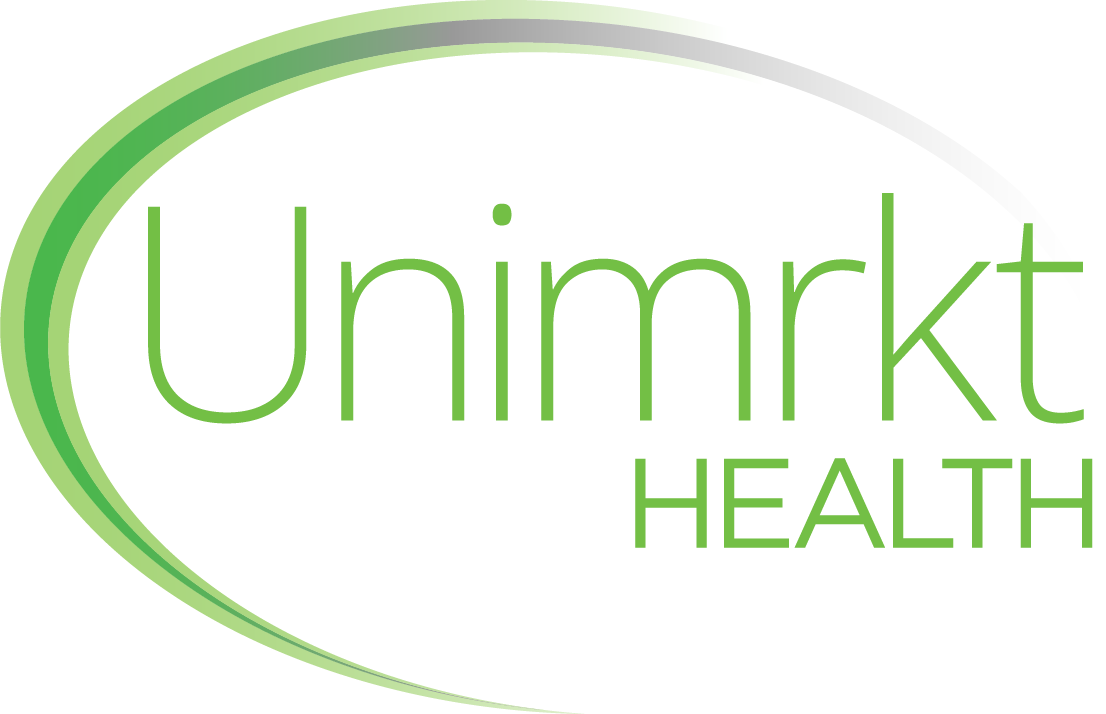5 Mistakes That Are a Big No-No in Qualitative Healthcare Research
- Unimrkt Healthcare » Blog » 5 Mistakes That Are a Big No-No in Qualitative Healthcare Research
When it comes to carrying out qualitative healthcare research, certain mistakes can wreak havoc on your campaign, in terms of both data quality and costs. While mistakes are quite common in all aspects of market research, if you pay attention to some crucial elements of your health market research program, you can prevent significant mishaps. The ideal way to avoid committing mistakes is to stay alert and work with professionals. After all, as the adage goes, “if you don’t plan, you plan to fail.” In this blog, we will discuss the 5 mistakes that are a big no-no in qualitative healthcare market research. Let’s get started.
Not doing a feasibility assessment
A feasibility assessment is important because it helps to determine the potential success of a market research project. Without assessing the feasibility of a project, researchers run the risk of wasting time and money on projects that are unlikely to yield meaningful results. Additionally, not doing a feasibility assessment can lead to inaccurate results, as researchers will not take into account the various factors that may affect the success of the project. For example, if the target audience is not considered, the results of the research could be skewed. Additionally, not taking into account factors such as the availability of data and resources could lead to results that are not reflective of the true market.
Not allocating enough recruitment time
When recruiting for healthcare market research, allocating enough time to the process can be beneficial in ensuring that the right participants are identified and that the research is conducted effectively. If enough time is not allocated, the chances of finding the right participants or obtaining valid results are greatly diminished. Besides, if the recruitment process is rushed, it can lead to the selection of participants who may not be representative of the population group that is being studied, which can lead to invalid survey results. Furthermore, if the recruitment process is not properly planned, it can lead to delays in the data collection, resulting in missed opportunities to capture important insights, and increased costs.
Under-recruiting participants
Without enough participants providing inputs, it can be difficult to draw meaningful conclusions. It also limits the diversity of perspectives and can lead to distorted response results. Furthermore, under-recruiting can also lead to a higher rate of participant attrition, which can further reduce the quality of the data that is gathered. It can be more difficult to identify any potential bias in the data when there are not enough participants to provide a comprehensive picture of the topic of discussion and analysis.
Not validating respondents
When healthcare market research is conducted without validating the respondents, the accuracy of the data can be compromised. Without validation, there is no guarantee that the respondents are actually qualified to provide meaningful insights related to the research topic. For example, if a survey is conducted to gauge patient satisfaction with a particular healthcare provider, but the respondents are not validated as actual patients of the provider, the results are bound to be inaccurate. Additionally, without validating the respondents, there is no way to know if the same person is taking the survey more than once, which could lead to biased results. There is also a risk of data being collected from people with malicious intent, such as trying to sabotage a company by providing false information. All of these issues can lead to inaccurate and unreliable research results, negatively impacting the overall effectiveness of healthcare market research.
Being unclear about research objectives
If research objectives are unclear, it can make it difficult for healthcare market research to accurately assess the needs of the target population. Without a clear set of objectives, research may not address the right questions or focus on the right areas. This can lead to incomplete information about the target population, resulting in inaccurate insights or conclusions. Furthermore, it can lead to wasted time and resources, as researchers may have to go back and re-examine the same areas multiple times in order to properly answer the research questions. Unclear research objectives can result in a lack of meaningful insights, leading to poor decision-making and a lack of actionable results.
Final Word
Qualitative healthcare research presents numerous benefits. It is crucial to choose the right qualitative research methodology to get the best possible results, in terms of data and insights. While there are numerous qualitative methods for health research ready for deployment, even a small mistake can alter the outcomes of your research endeavors. Speaking of avoiding mistakes while conducting qualitative research in nursing and healthcare, it always helps to work with an experienced qualitative health research organization. When looking for a proven healthcare research firm, look no further than Unimrkt Healthcare. Over the years, we have continuously employed scientifically proven quantitative market research methods to provide actionable data through precise targeting of respondents. To learn more about how we can help you with your qualitative market research endeavor, call +91-124-424-5210, +91-9870-377-557, or email sales@unimrkthealth.com. You may also fill out our contact form and our experts will contact you at the earliest.
Recent Posts
- 10 Medical Online Survey Mistakes You Must Leave Behind in 2025
- How Qualitative Healthcare Research Can Accelerate Ethical AI Adoption
- Trust as a Growth Strategy: What Healthcare Leaders Can Learn From Business Market Analysis
- Mapping the Healthcare Value Chain: A Market Research Perspective
- Decoding Emotional Triggers in Treatment Choices: A Qualitative Approach
Archives
Quick Enquiry
Customer Service, We Make it Better
Related Posts:
Let's Connect
Please, fill in the form to get in touch!



